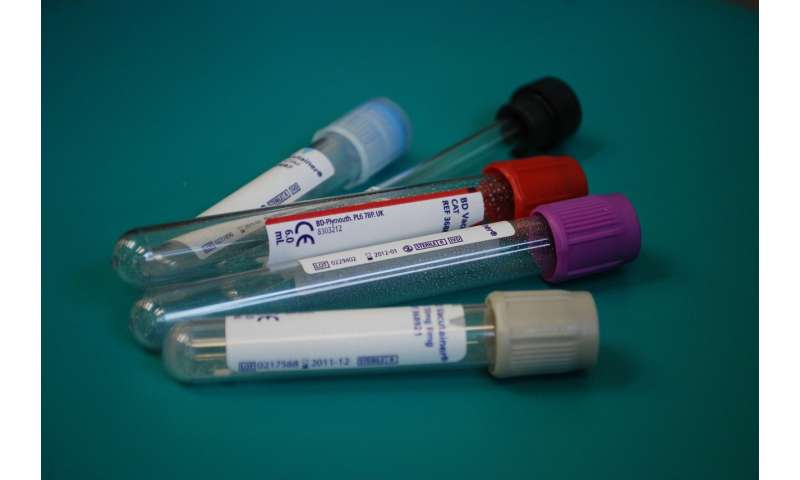
Widespread stay-at-home efforts have forced many businesses to close during the COVID-19 pandemic. As talk of reopening the economy ramps up across the U.S., Dr. Gregory Poland, a Mayo Clinic COVID-19 expert, answers questions about what it’s going to take to get to that point.
Q. Do you believe the U.S. is at a point where social distancing measures can be relaxed and things can start reopening?
A. We’re not there yet. I understand that people are sort of tired of the social distancing, but we’re just starting to see the fruit of those efforts. Let’s not jump the gun prematurely and have to start all over.
Q. What could happen if the country reopens prematurely?
A. Opening prematurely means we might start all of this over again rather than sustain this for another two to three weeks, see that the caseload really is flattened down and staying down, and then in a phased way begin to reopen. Otherwise we could see increasing community transmission and increasing the number of cases. That’s what happened, for example, in Japan. They sent their kids back to school, I think, prematurely. That experiment has been done and what did we see 14 days later? A major uptick in cases again.
Q. Under what public health conditions would the country be ready to begin reopening?
A. One is that we need to see the caseload really bend down low, which is an indication of decreased community transmission. Secondly, we need the ability to do testing and we’re not quite there yet. Once we have that testing, the ability to do contact tracing so that we can quarantine and isolate remaining cases. The last one, this is a big issue particularly for some of our major cities, you don’t want to do that unless you have hospital and medical care capacity. In other words, you don’t want to trigger something happening and again have a surge demand on the medical system.
Q. Why is testing so important in this regard?
A. It’s important for two reasons: the molecular diagnostic test we have, called RT-PCR, are tests designed to tell us if someone is currently infected, or has the virus. That’s important because we’re going to want to isolate or quarantine those individuals so they don’t transmit it to others.
Source: Read Full Article